Millions of people appear to be suffering from problems dubbed “Long COVID.” Now, it seems, the vehicle you bought during the pandemic may have similar problems, according to J.D. Power’s 2025 U.S. Vehicle Dependability Study. Reliability issues have grown worse for vehicles produced during the worst of the COVID crisis.
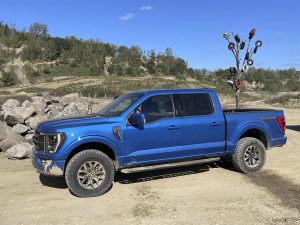
On average, vehicles from the 2022 model year suffered more owner-reported problems, according to Power’s latest study.
If you’ve noticed more problems than you might expect with a car, truck or crossover purchased during the COVID pandemic you’re not alone. The latest annual J.D. Power Vehicle Dependability Study finds that vehicles from the 2022 model-year are experiencing some serious reliability issues, based on owner reports.
After years of steady improvement in vehicle dependability, the new study found a 6% jump in problems for three-year-old vehicles, marking the worst performance since the 2009 Vehicle Dependability Study came out. And the pandemic really was a factor.
“While the increase in problems this year may be a thorn in the side of automakers and owners, it’s important to remember that today’s three-year-old vehicles were built during a time when the industry was grappling with major disruptions,” he noted. “Supply chain issues, record-high vehicle prices, and personnel disruption in the wake of the pandemic were problematic.”
By the numbers
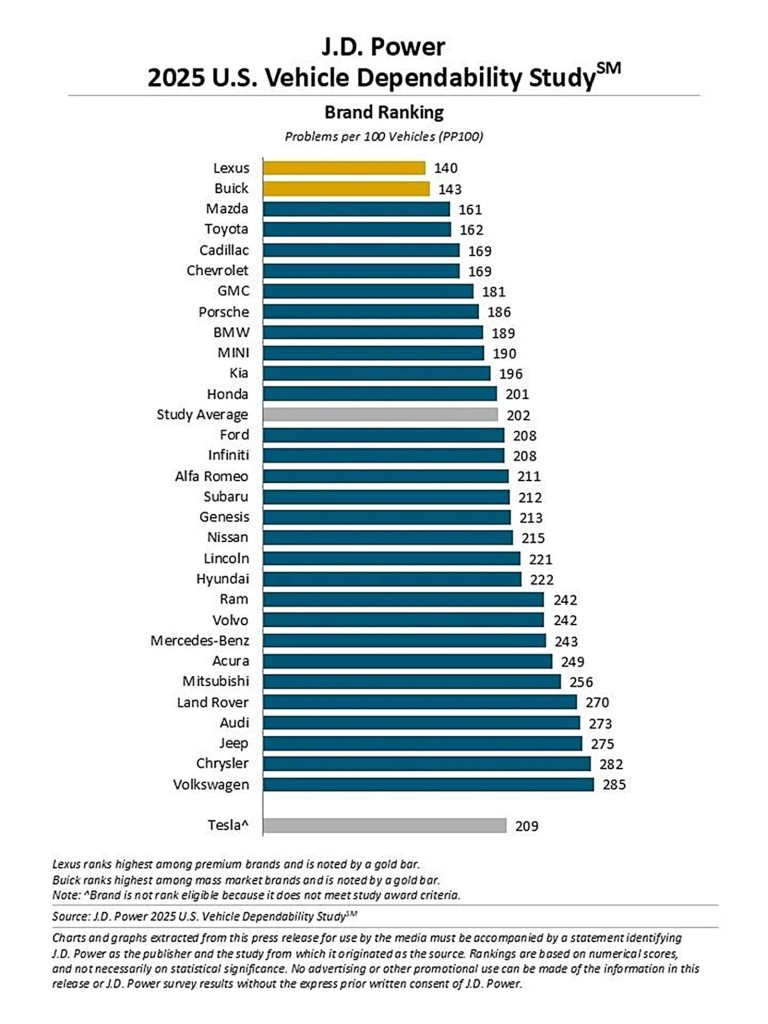 The Vehicle Dependability Study counted up the number of problems reported by 34,175 original owners of 2022 model-year vehicles between August and November 2024. It found, on average, 202 problems for every 100 vehicles. In Power-speak, that’s 202 PP100, a 6% increase from last year’s study which looked back at 2021 models.
The Vehicle Dependability Study counted up the number of problems reported by 34,175 original owners of 2022 model-year vehicles between August and November 2024. It found, on average, 202 problems for every 100 vehicles. In Power-speak, that’s 202 PP100, a 6% increase from last year’s study which looked back at 2021 models.
The study covered 30 individual brands – 31 if you include Tesla which came in below average, at 209 PP100, but had gaps in its data and wasn’t included in the official tally.
The numbers varied widely from brand to brand:
- Lexus was ranked number one overall, as well as for the premium segment, with an average 140 PP100, Cadillac was second for premium brands, at 169, Porsche third, at 186;
- Buick was top-ranked among mass market brands, with 143 PP100, Mazda second, at 161, Toyota third at 162;
- The Toyota Avalon was the top-ranked vehicle overall;
- Volkswagen was the lowest-ranked brand, at 285 PP100, followed in ascending order by Chrysler at 282, and Jeep with 275 problems per 100.
What went wrong
The study uncovered all manner of problems during a period when the auto industry was facing major turmoil. For one thing, there were shortages of key vehicle components, everything from rubber gaskets to semiconductors.
The chip shortage was a particular headache resulting in numerous disruptions to production. In some cases, automakers had to leave out features – such as touchscreen infotainment systems and seat heaters — or substitute non-standard components.
“Problems related to software defects” have been a particular headache for owners, according to Power, especially those related to Android Auto and Apple CarPlay connectivity. Bluetooth and onboard WiFi. Connectivity problems were a big problem for owners trying to pair smartphones with their vehicles, as well.
In many cases, manufacturers have tried to correct such concerns using smartphone-style over-the-air update — a capability becoming more and more common in the industry with each new model year. But the new Vehicle Dependability Study found that this approach worked, at best, 30% of the time while “56% of owners say there was no noticeable improvement” after software updates.
More Consumer Auto News
- Ram, Porsche Top J.D. Power Initial Quality Study
- Ford Looks to Address Ongoing Quality Issues
- Toyota Earnings Tumble on Quality, Other Issues
EVs improve, plug-ins remain a problem
It’s been almost 15 years since the first plug-based vehicles reached U.S. showrooms. In earlier years, Power’s VDS found they tended to have many more problems than traditional gas models, or even hybrids.
Once again, conventional hybrids from the 2022 model-year proved to be the most dependable models in the new study, averaging 199 PP100. But all-electric models saw a big improvement in reliability, averaging just 223 owner complaints per 100. In the 2024 Vehicle Dependability Study the EV figure was 256. So, all-electric vehicles are now close behind gas models which averaged 200 PP100.
Plug-in hybrids, on the other hand, were the worst of the bunch, averaging 241 problems per 100. That likely reflects the fact that they combine gas engines with large motors and big battery packs in the same vehicle, making them more prone to trouble.
Diesels proved nearly as problematic as PHEVs, with 233 PP100.
One other key finding from the 2025 Vehicle Dependability Study: automakers had the most trouble with vehicles that were either all-new or which had undergone major redesigns during the 2022 model-year. That shouldn’t come as a surprise. Making major changes can always be risky as unforeseen issues are revealed. Now add shortages of key components and disruptions to production. It was the recipe for real headaches for automakers and auto buyers alike.

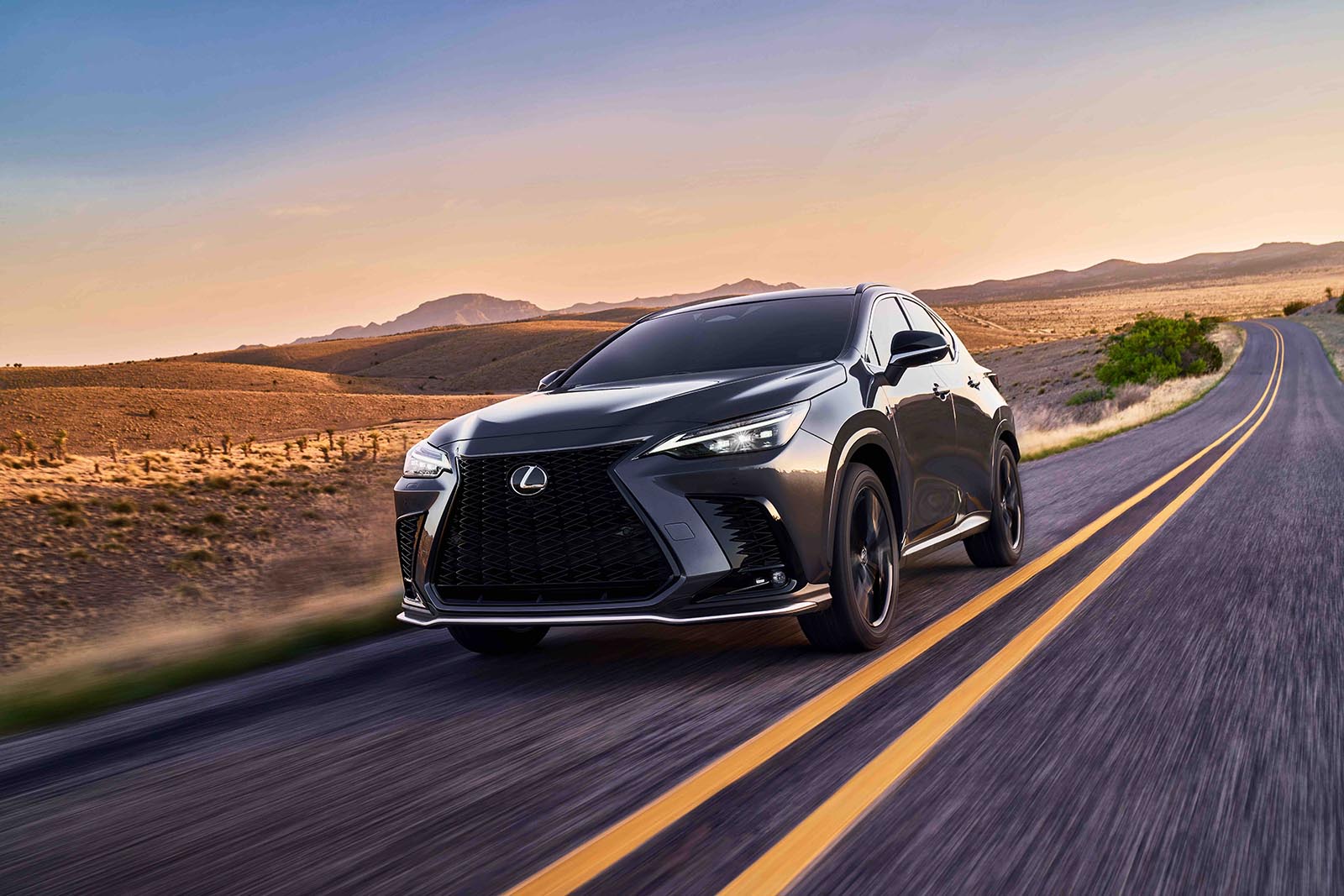
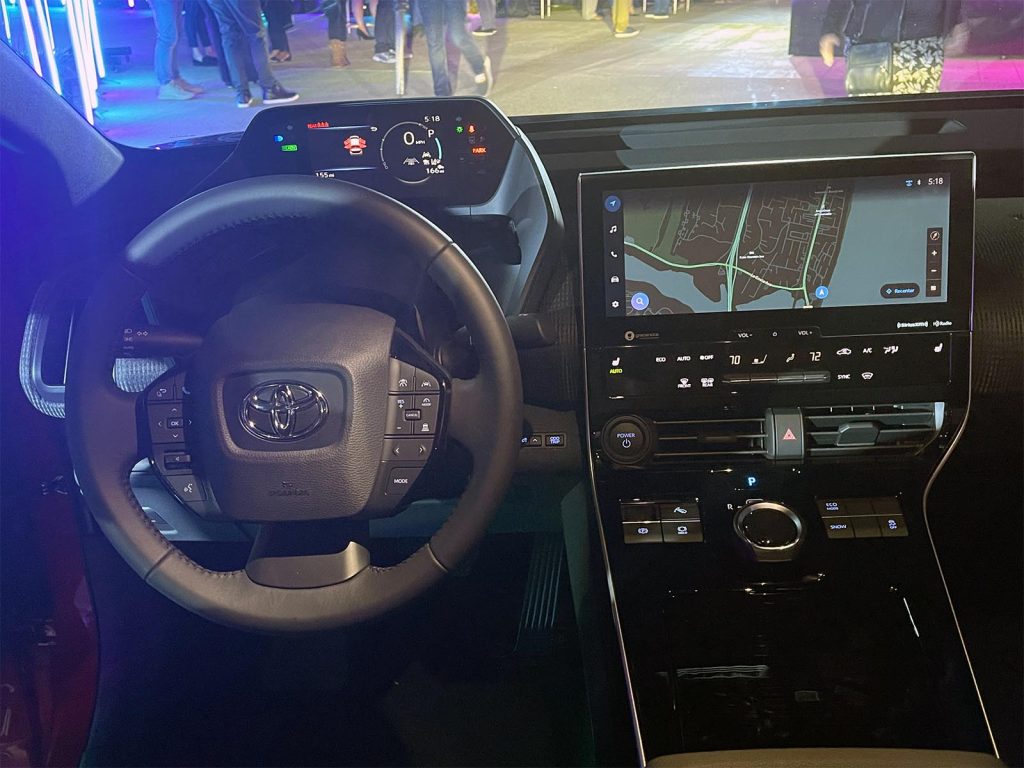
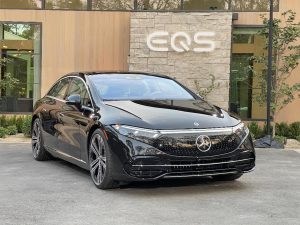
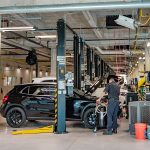

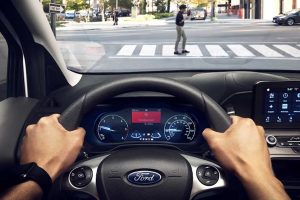
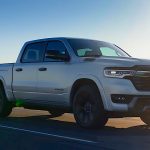
0 Comments